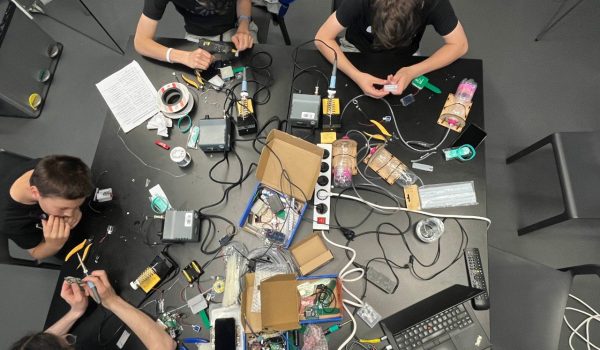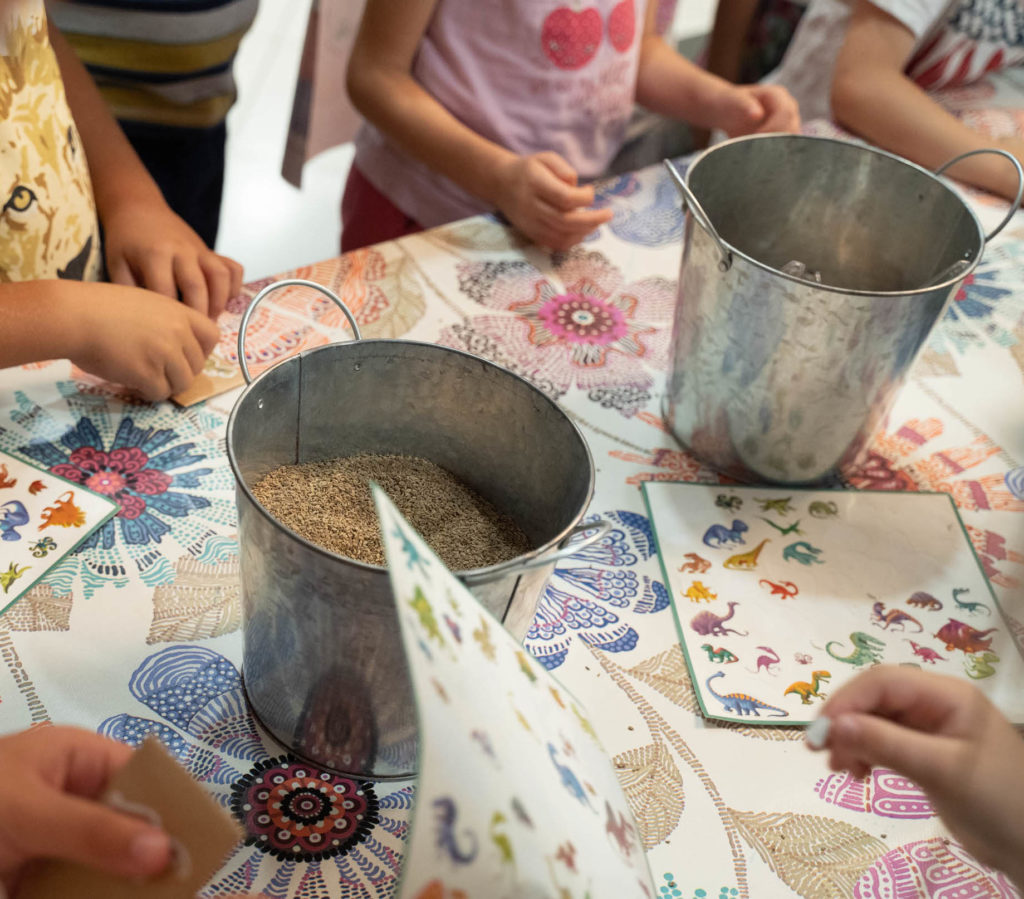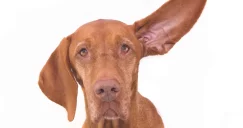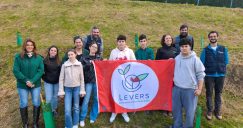Climate Justice Across Borders: When Futures Melt, We Rise Together

- -- A la une, Article, Greece, News
Across Europe, climate justice education is taking many forms across classrooms, communities, and even dinner tables.
In Greece, classrooms are becoming living laboratories where climate-neutral education takes shape. In Switzerland, young people are rethinking how everyday water use connects to global systems and future sustainability. Students and communities are rethinking food systems in Slovenia to secure a sustainable future.
Each of these efforts carries its own story, yet together they form a single narrative — the pursuit of climate justice across borders.
Our climate justice campaign ‘’ When Futures Melt, We Rise Together ‘’ emerged from a powerful twinning collaboration between OLF (Switzerland), Kersnikova (Slovenia), and LATRA (Greece), under the umbrella of the LEVERS Project. It is born from the conviction that climate change affects each of us differently, yet no one nation or community can solve it alone. When the ice melts, when soil erodes, when our children’s futures shift before our eyes—our only hope is to rise together.
Our stories
In each place, partner organisations are working deeply and locally. But their impact—and their lessons—resonate across Europe. The twinning activity allows us to lift up three distinct but connected experiences, creating a tapestry more powerful than what any of us could weave alone.
In Greece, LATRA is experimenting with transformative learning through art, reimagining climate education so that it moves beyond lectures and data and becomes embodied, emotional, imaginative. Their workshops let children see that they are not passive observers—but active agents. Through art, discussion, and reflection, they plant new seeds of awareness that extend from the classroom to home, to public life. LATRA works in both Lesvos and Athens to broaden its reach. It combines participatory practices, systemic thinking, and a deep engagement with values to push children and educators alike to question the status quo.
In Switzerland, OLF focuses on water consumption and how young people can inspire change among their peers. By connecting youth with scientists and artists, OLF gives them the tools to design their own projects and raise awareness about the importance of using water sustainably. Their story highlights that climate action begins with daily habits — how we use, conserve, and value water as a shared and finite resource. Through creative learning ventures, OLF transforms education into a catalyst for responsible and mindful environmental stewardship.
In Slovenia, Kersnikova embraces the question: what if food were part of the solution rather than the problem? Its projects connect digital, ecological, and social practices—such as DigiVrt, a mechatronic watering workshop where learners program systems that help plants thrive in constrained urban environments. Kersnikova’s work bridges innovation, sustainability, and justice, highlighting how our plates are connected to climate futures.
From Threads to Fabric: Why a Shared Campaign Matters
By telling these stories side by side under one banner—Climate Justice Across Borders—we emphasize that climate justice is not localized, but relational. The pressures on water systems in Switzerland are not separate from food insecurity in Slovenia or limited climate literacy in Greece. They are bound in a web of cause and effect, of policy and perception, of historic inequalities and present-day power.

Why it matters for LEVERS
We are advocating, together, for:
- Shared knowledge & solidarity: that communities learn from each other, not just in theory but through concrete exchange, co-creation, and twinning.
- Justice, not just mitigation: that climate action must center fairness, inclusion, and the voices of those often marginalized.
- Scalable learning ecosystems: that what works in a classroom, a village, or a high mountain can inspire other contexts across Europe.
- Collective agency: that when futures melt, we do not despair—we rise together.
We are pushing for a Europe where no community or citizen fights climate alone.
How You Can Join the Weaving
This campaign is not only for showing—it’s for participating. Here’s how you, your school, your community, or your network can step into the tapestry:
- Share the stories
Use the hashtag #WhenFuturesMeltWeRise. Post about education, glaciers, food systems—and tag one another. Let the threads cross digital borders.
- Host a local discussion or workshop
Use one of our partner stories as a starting point. Bring together educators, students, activists, farmers—let the narrative spark new ideas.
- Experiment in your context
Could a school in your city try a theatre-based climate workshop? Could a community garden pilot in your region test climate-smart watering systems? If you adapt, document, share.
- Connect with us
Reach out to LATRA, OLF, or Kersnikova to exchange dialogues, guest visits, or collaborative micro-projects. Twinning doesn’t stop with us—it invites you in.
- Support policy & networks
Advocate for funding, platforms, and infrastructures that allow local climate justice initiatives to scale, share, and last. The fabric of climate justice is stronger when institutions support its threads.
Rising Together
By weaving together our distinct experiences of education, ice, and food systems, we claim a narrative rooted in justice, connection, and transformation.
So pause a moment. Let the stories of Greece, Switzerland, and Slovenia resonate. Let them remind you: climate justice is not distant and abstract—it is lived, in classrooms, in mountain passes, in gardens. And when we lift those threads into one campaign, we show that change is not just local—but collective.
Rise with us for Climate Justice in Europe.
#WhenFuturesMeltWeRise






